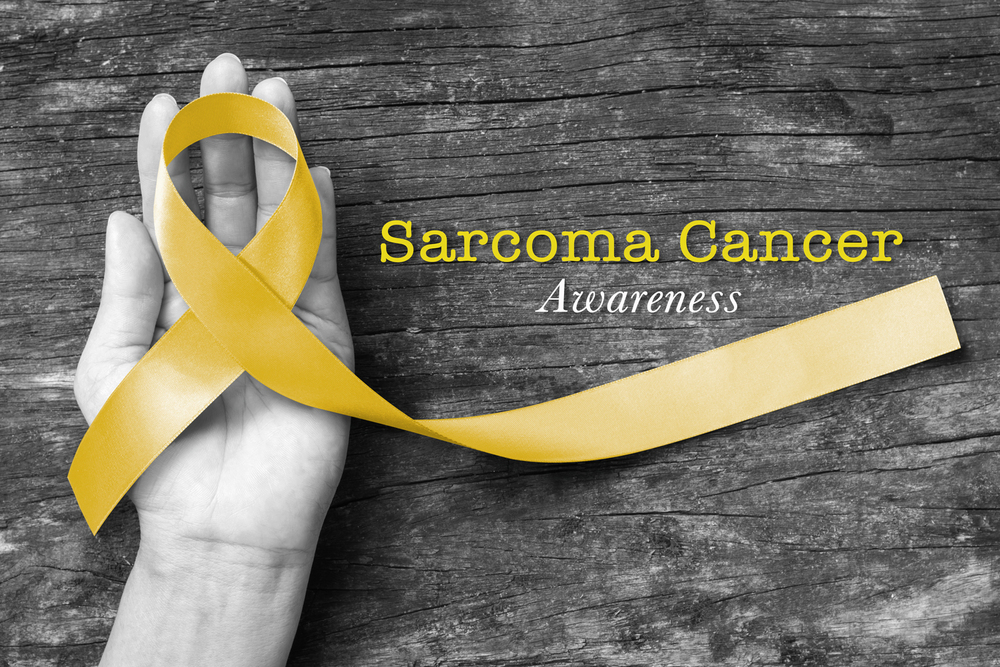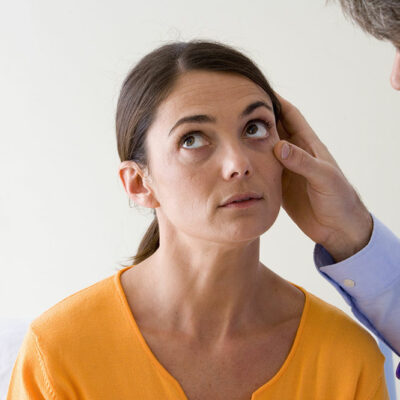
4 Major Risk Factors for Sarcoma
Sarcoma is a term used for a variety of cancers that can affect any part of the human body. It generally develops in the bones and tissues of the body. There are many risk factors that can increase one’s chances of developing sarcoma. Read on to know more about four of the primary risk factors for sarcoma.
1. Exposure to chemicals
Exposure to certain chemicals can be bad for one’s health, increasing the chances of developing cancer, in particular sarcoma. One such chemical that increases the risk of developing sarcoma is vinyl chloride, which is used in making plastic. Another chemical that is dangerous is arsenic. Some studies also show that herbicides can prove deadly as well.
2. Genetic factors
For some people, cancer tends to run in the genes. If you have inherited certain diseases from your parents, you face a higher risk of developing sarcoma. These diseases include the following.
- von Recklinghausen disease is known to cause mostly tumors that are benign and sometimes sarcomas.
- Gardner’s syndrome increases one’s risk of developing colon cancer.
- Retinoblastoma or eye cancer can lead to sarcomas in the soft tissue or bone due to radiation given for cancer treatment.
- Werner syndrome increases chances of getting soft tissue sarcoma.
- Li-Fraumeni syndrome increases the risk of many forms of cancer, including breast cancer.
- Gorlin syndrome leads to a high risk of certain types of cancer.
- Tuberous sclerosis mostly causes benign tumors.
3. Radiation
In many cases, patients are known to develop sarcoma after they have received radiation therapy to treat other forms of cancer. This type of occurrence of sarcomas are relatively rare, but they have been observed in cases of patients with lymphoma and breast cancer. It should be noted here that sarcoma might develop many years after the patient received radiation as a cancer treatment. There is research being done to improve radiation therapy for cancer. It is also important to know that radiation does come with a share of risks, but doctors only recommend this method of cancer treatment when the advantages are more than the risks.
4. Immune system issues
It is a known fact that people who have problems in their immune system are at a higher risk of developing many health problems. The same goes for sarcomas. People who have immunity issues or compromised immune systems face a higher risk of developing sarcomas. This is particularly seen in patients who are HIV (human immunodeficiency virus) positive. This similar risk has also been observed in patients who suffer from other autoimmune conditions such as psoriasis or lupus. So, if you have autoimmune conditions, do get yourself checked for sarcomas frequently.
These are the four risk factors for sarcoma. If you experience any discomfort or have been recently exposed to these risk factors, consult your doctor at the earliest.


